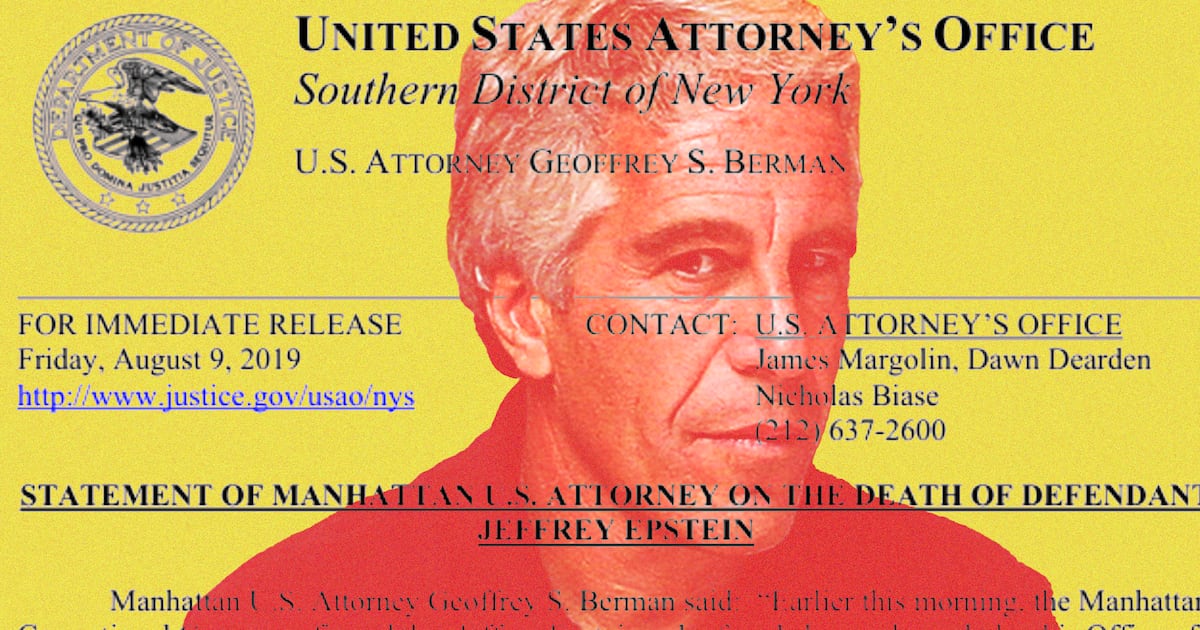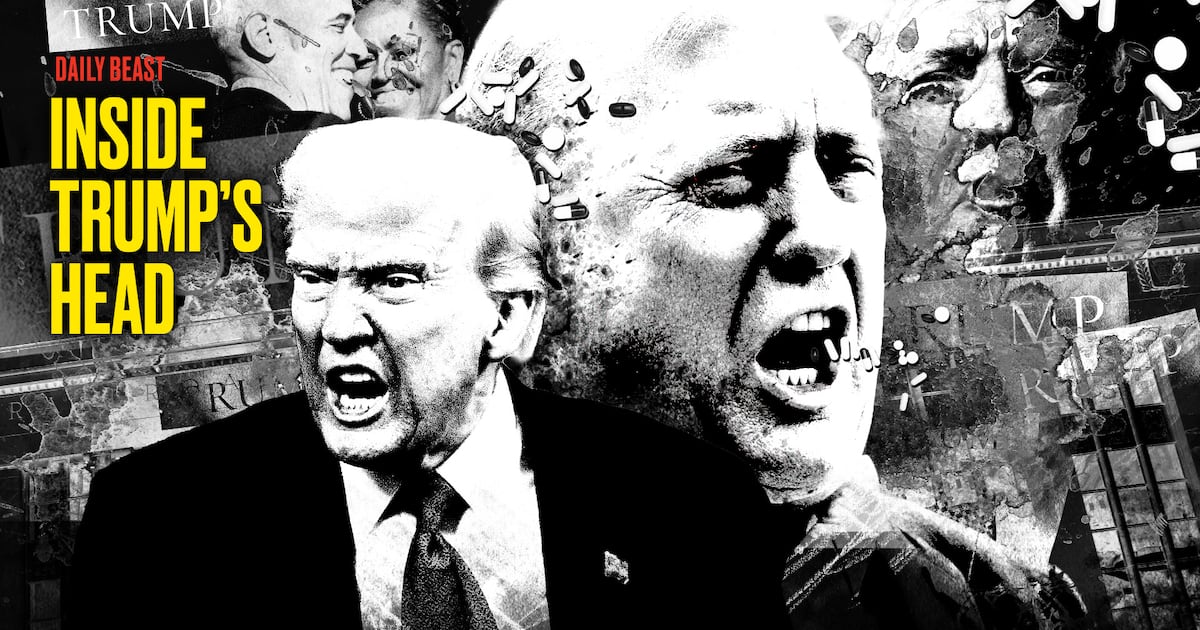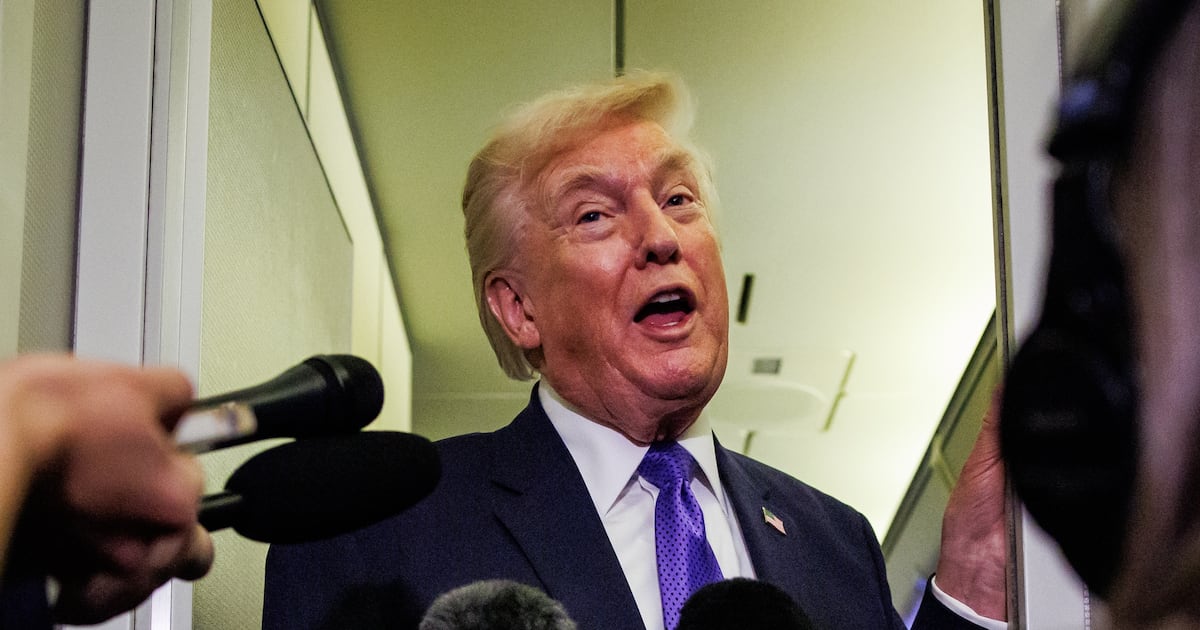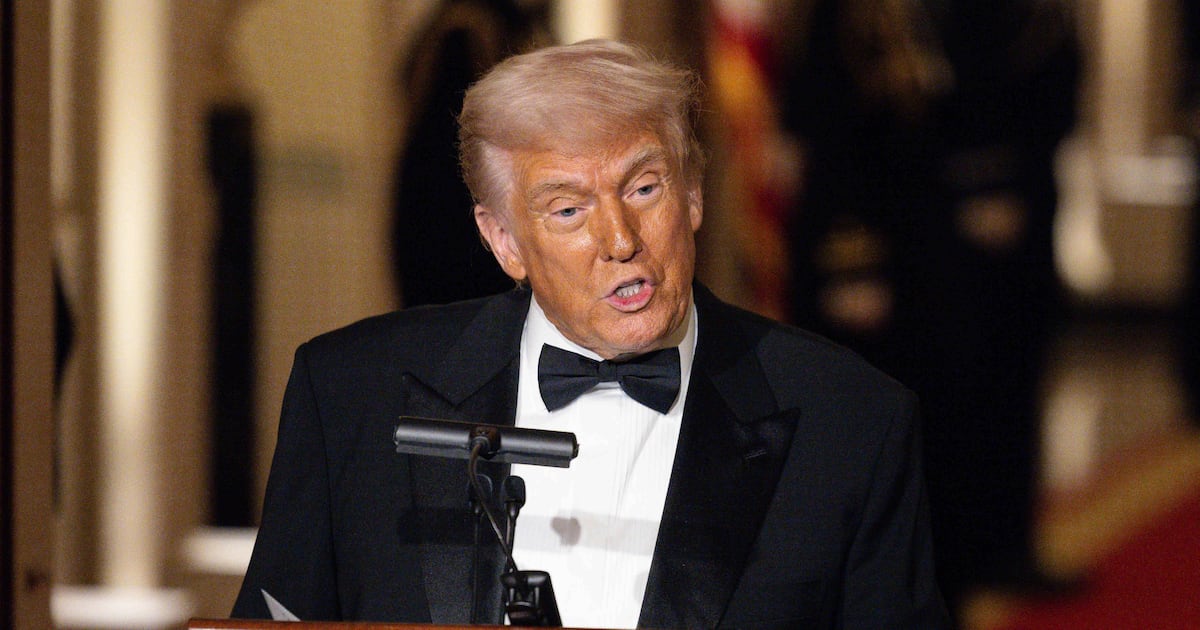Last weekend, Venezuela came to a halt. This was not a power failure. Nor one of those tropical torments that periodically lash the country. And no, it wasn’t another wave of rumors about the late Hugo Chávez, the beloved Comandante of the Bolivarian revolution, suddenly back from the grave. What stopped this nation in its tracks was the Miss Universe pageant. Militants on the left and right, devoted “chavistas” and raging oppositionists, intellectuals and “boligarchs,” everyone in Venezuela loves a beauty contest.
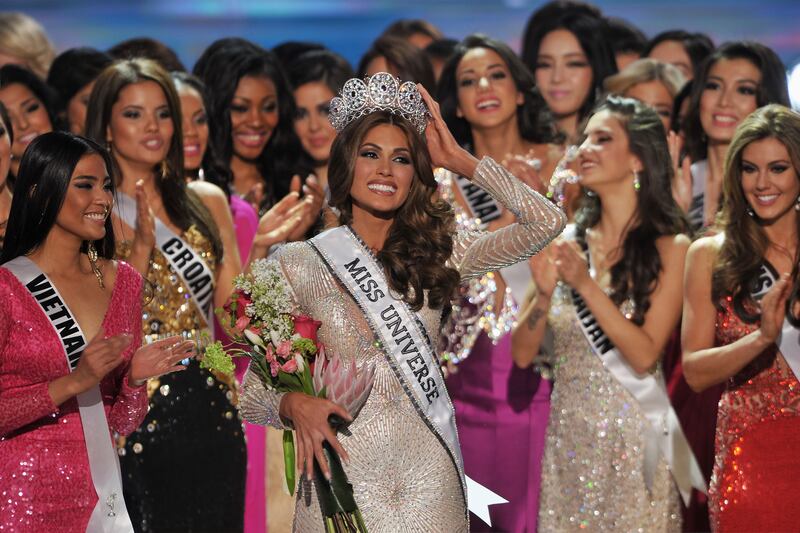
There, in Moscow, in Crocus City Hall, native daughter Gabriela Isler bore the national colors in the most prestigious beauty smackdown of the planet. To win the Miss Universe crown, Isler, aged 25 and boasting a floodlight smile, went hem to hem with contestants from 85 other countries. She was crowned by a stellar panel of judges, including celebrity chef Nobu Matsuhisa, Olympic figure skating gold medalist Tara Lipinski, and Aerosmith vocalist Steven Tyler.
To the uninitiated, the 5-foot-10 brunette from Maracay province might have been barely distinguishable from the sea of sylphs who glided, pranced and strutted on the stage in Moscow. Sure, she is gorgeous, personable and all that. Here she is in the contest’s Truth or Dare segment, blowing a bubblegum bubble at a fan’s request.
But Isler took more than her dazzling smile, good grooming and privileged DNA to the stage. She showed up packing Venezuelan know-how. Though some Venezuelan intellectuals fume about all the effort and airtime devoted to such ephemera and the attending image makeover industry it feeds off, they all stop and watch when one of their own straps into her stilettos.
There is good reason for this. The beauty business is a Venezuelan success story, a finely honed machine that produces winners who are consistently competitive on a global scale. Isler’s victory in Moscow is the seventh title the Venezuelans have taken in the spangled arena. That’s more tiaras than any other nation. Venezuela also is a world beater in the three other beauty industry climax events—Miss World, Miss International and Miss Earth—snagging a record 20 crowns in all.
Yes, there is plenty to scoff about in a contest that panders so shamelessly to high-end fashion accessories and vanity fair. Many intellectuals grouse about the competitions as eye candy for the alienated. But if there is any consensus in this hyperpolarized nation, it is about the integrity of life in the pageant.
The fact is, the Miss business is that rarest of thing in the Bolivarian republic: a meritocracy, known for its level playing field and transparent rules, where talent and dedication and competitive advantage rise and generally are duly rewarded. The Miss Venezuela contest “is one of the few remaining places where Venezuelans can watch honest competition and hard work play themselves out,” Venezuelan economist and blogger Juan Nagel wrote recently.
Call it moral balm for Bolivarian woes. From blackouts to muggings, soaring prices to scarce toilet paper, Venezuelans have plenty to be sore about. Not only is Caracas, with nearly 120 homicides for every 100,000 residents, one of the bloodiest big cities in the world; some 70 percent of murders in Venezuela go unpunished, according to Elisio Guzmán, director of Polimiranda, a crime watchdog group, and a former director of the government forensics bureau, Cuerpo de Investigaciones Científicas, Penales y Criminalísticas (Cicpc). Caracas’s streets are double jeopardy for women. This year alone, 125 women have been murdered in greater Caracas alone.
What’s more, the Venezuelan economy is in tatters. Prices are rising at around 50 percent a year, technically the threshold for hyperinflation—the tipping point for a market out of control. Consumers line up for hours at supermarkets, where severe price controls have discouraged merchants from restocking basic household goods from milk to eggs to toilet paper.
Worse, the government has painted over the cracks, according to Francisco Rodríguez, the chief Andean economist for Bank of America Merrill Lynch. While ministers for president Nicolás Maduro consistently crank out good news bulletins, showing flush trade figures and modest public debt, Rodriguez took a closer look and came up with an uglier picture.
The Maduro government recently claimed a robust $11 billion current account surplus, indicating that Venezuela exports more than it imports. That’s a healthy number for any economy and one that would make Venezuela a net foreign creditor. So how to explain the country’s tanking currency, the bolivar fuerte? A single greenback buys close to 60 bolivares on the Venezuelan street, or more than nine times the official exchange rate, a classic symptom of a shaky economy.
According to Rodriguez, who ran the numbers, Venezuela spends more abroad than it earns. The public sector is chronically in the red, and in debt to foreign lenders to the tune of some $13.4 billion—a whopping 3.4 percent of GDP. This is a remarkable squandering of resources for this OPEC nation with one of the largest proven reserves.
The reason for the dysfunction, he says, are a series of policy sleights of hand, ranging from subsidized loans to foreign allies and an overvalued exchange rate to lavish down payments ($2.9 billion in 2012) for imports that take months to reach Venezuela.
Working hard to turn heads and soothe nerves is Osmel Sousa. The 66-year-old designer is the man behind Miss Venezuela, which every year sets new ratings records. Two of every three television sets in the country tuned into this year’s edition, held last month. Venezuelan expatriates worldwide also took time to watch the event streamed live over the web.
It’s something of an irony that the Cuban-born Sousa, who turned the pageant into a multimillion dollar industry, hails from the same island as Chavez’s muse and mentor, Fidel Castro. He arrived in Venezuela as a boy in 1959, fleeing the Cuban revolution, but with another one fomenting in his head. Miss Venezuela has been around for the past 61 years, but it was Sousa who turned it into a world-caliber show.
On his watch, the amateurish parade of young misses turned into a can’t-miss event on the national calendar, with all the pomp and melodrama of a Venezuelan telenovela. In a nation of couch potatoes, advertisers know the value of flogging their brands when the orchestra starts to gush. Some 26 sponsors bought a piece of the October show.
Models prepare for months, even years, for a chance to step on Sousa’s stage, a grueling regimen that some competitors describe as a kind of boot camp for models. “We are soldiers in heels,” said Maria Veliz, Miss Venezuela 2009, who commands a beauty spa.
Everyone knows that surgical enhancement is part of the drill. “This is not a contest about natural assets or even about naturalness,” Sousa recently told the Venezuelan press. “It’s a beauty competition, and one has to resort to whatever means are necessary to make a woman beautiful or more beautiful than she is.”
Honing natural talent through discipline and fair play. Adding value through the latest technology. Capturing the hearts and minds of millions with visions of beauty and elegance. Could there be lessons on Sousa’s catwalk for the keepers of the struggling Bolivarian revolution? No wonder, when Venezuela’s favored daughter was crowned in Moscow, Maduro rushed to congratulate her. “Triumph!” he tweeted.


